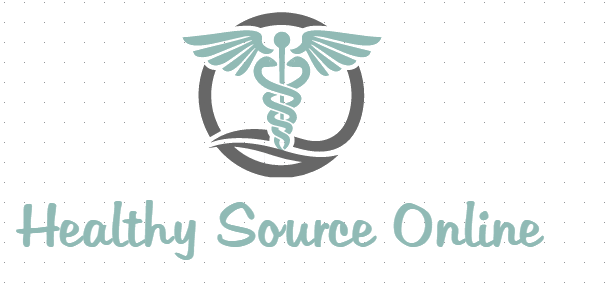[ad_1]
Contributed by: Rachana Arya
Introduction
Postpartum Depression is a condition that has been widely misunderstood — even by the medical and mental health fraternity. However, thanks to celebrity moms like Brooke Shields, Sarah McLachlan, and Chrissy Teigen, more and more people are talking about postpartum depression and the message is clear: It’s real; it doesn’t discriminate, and can also happen to women who are successful in many aspects of their lives.
In the second article of our series, we will debunk some more misconceptions and get to the facts about the debilitating mental health crisis called ‘postpartum depression’.
Check out the first part of the article in the series in which we explored some of the typical symptoms of a very common yet very misunderstood condition called Postpartum depression. We highlighted the hushed tones and mystery surrounding the condition so that women understood the condition without the deep fear of being treated differently – marginalized, silenced – if diagnosed with PPD.
Myth #1: If you ignore it, the depression will go away on its own
Fact:
Postpartum depression does not go away on its own. It does in some cases goes away on its own, however, at other times women are “not themselves” for many months and require medical intervention. Allowing symptoms and feelings to persist in the hopes that they will go away eventually, can be very detrimental for the health of the woman, her baby, and the entire family.
Myth #2: Only mothers suffer from postpartum depression
Fact:
Postpartum depression can also affect fathers. Postpartum depression in men, also known as paternal postnatal depression, is rare, but it does happen. Paternal PPD isn’t studied nearly as much as maternal PPD, although the rates are as high as 25%. It commonly occurs three to six months after a baby is born. Some new fathers may experience identical symptoms as those experienced by women suffering from postpartum depression.
They may be sensitive to changes in their partner’s relationship, as well as new financial or employment concerns. Hormonal changes, such as a decline in testosterone, may also affect fathers. Furthermore, it is also linked to maternal PPD, which implies that if one partner is depressed, the other is more likely to be depressed as well.
Myth #3: Postpartum depression is your fault
Fact:
NO, it’s no one’s fault – especially not your own! Remember, postpartum depression is caused by a variety of complex circumstances outside of your control, such as hormonal imbalances, a lack of social support, and other psychological problems. Some mothers may not even realize that they suffer from the condition because they are so busy caring for the newborn. Every woman may feel better with the right support and skills. You will feel happy again, no matter how bad your life appears right now.
Myth #4: Only women who are weak, lazy, or bad get depressed
Fact:
Most women suffering from PPD fear that their ability to be a mother would be questioned. This is completely wrong. Postpartum depression isn’t a sign of having a flaw in your character or some weakness, neither is it an indication that a woman has no maternal instinct. Additionally, it also in no way reflects a lack of your motherhood skills and abilities. As a matter of fact, PPD is a complex illness that is a mix of biological, social, and environmental causes that we still don’t fully understand.
Myth #5: Women with PPD often cause harm to their babies
Fact:
On the contrary, women with postpartum depression rather inflict harm on themselves. The belief that women will damage or kill their babies is typically linked to postpartum depression, which is a prevalent misunderstanding. Postpartum depression and thoughts of harming a child are not linked. If a woman’s sadness becomes so severe that she has suicidal thoughts, she is more likely to kill herself than her child.
Myth #6: There’s no treatment for postpartum depression
Fact:
Although there is no magic potion or bullets to make the symptoms of PPD go away, the condition is a highly curable condition that responds well to psychotherapy and counseling. Another method is cognitive-behavioral therapy (CBT), which focuses on identifying, evaluating, and changing dysfunctional patterns of thinking.
A person should not hesitate to seek treatment when symptoms worsen, daily functioning is impacted, and there are thoughts of harming the infant. The intensity of the depression and when it is addressed can influence treatment and recovery. There are a variety of antidepressants available that have proven to be effective and can be prescribed in addition to therapy.
Final thoughts
There’s also no need to be concerned about drug side effects because many of these medications are generally safe even while you are breastfeeding. Alternative and complementary interventions may be useful as well. While there have been few studies, the ones that have been done are promising. Bright light treatment, prenatal massage, and yoga are just a few of the techniques available.
Book The Full Body Health Checkup Today!
This post has already been read 12 times!
[ad_2]
Source link




